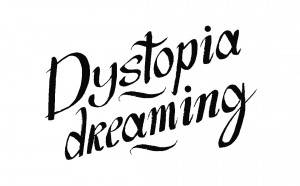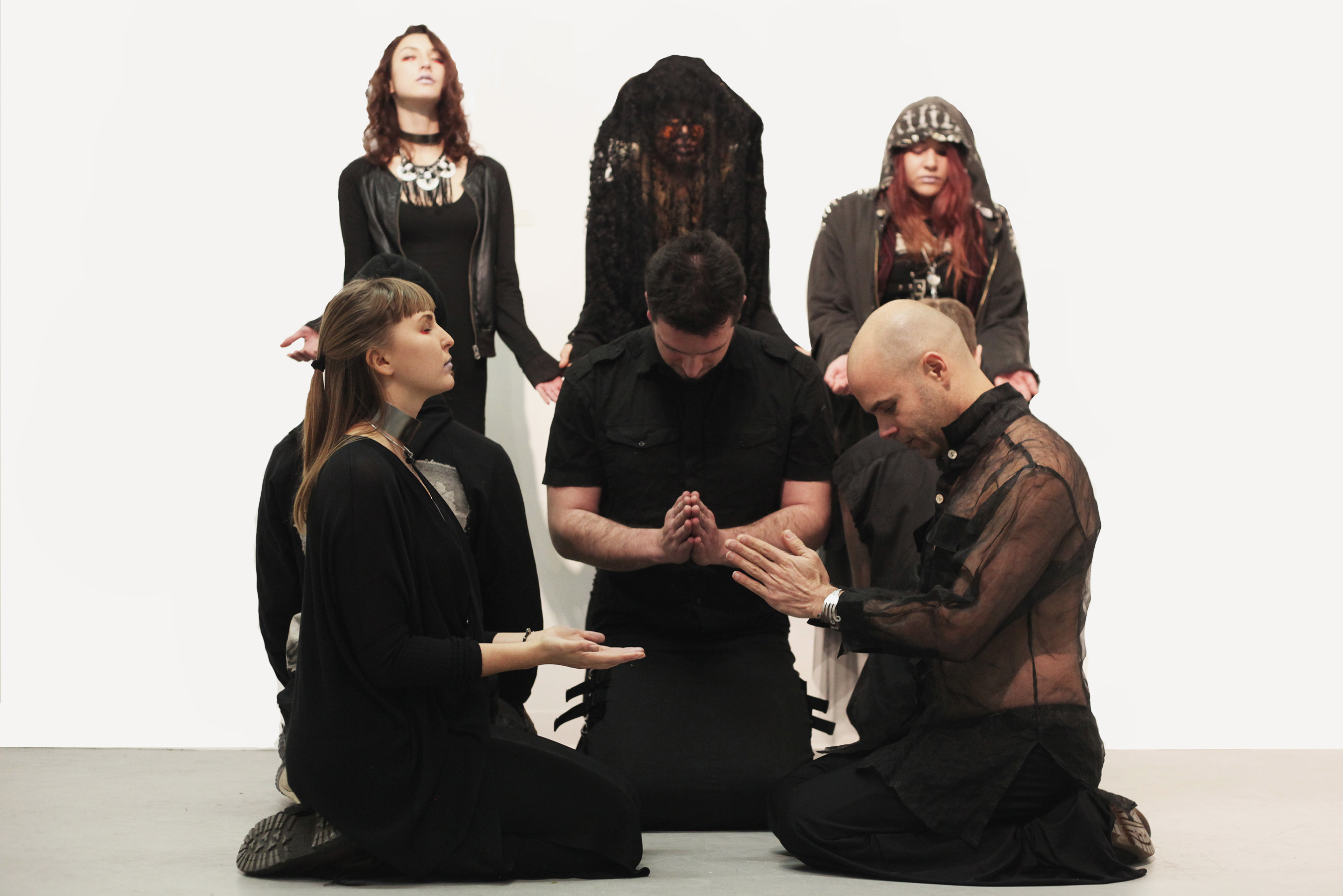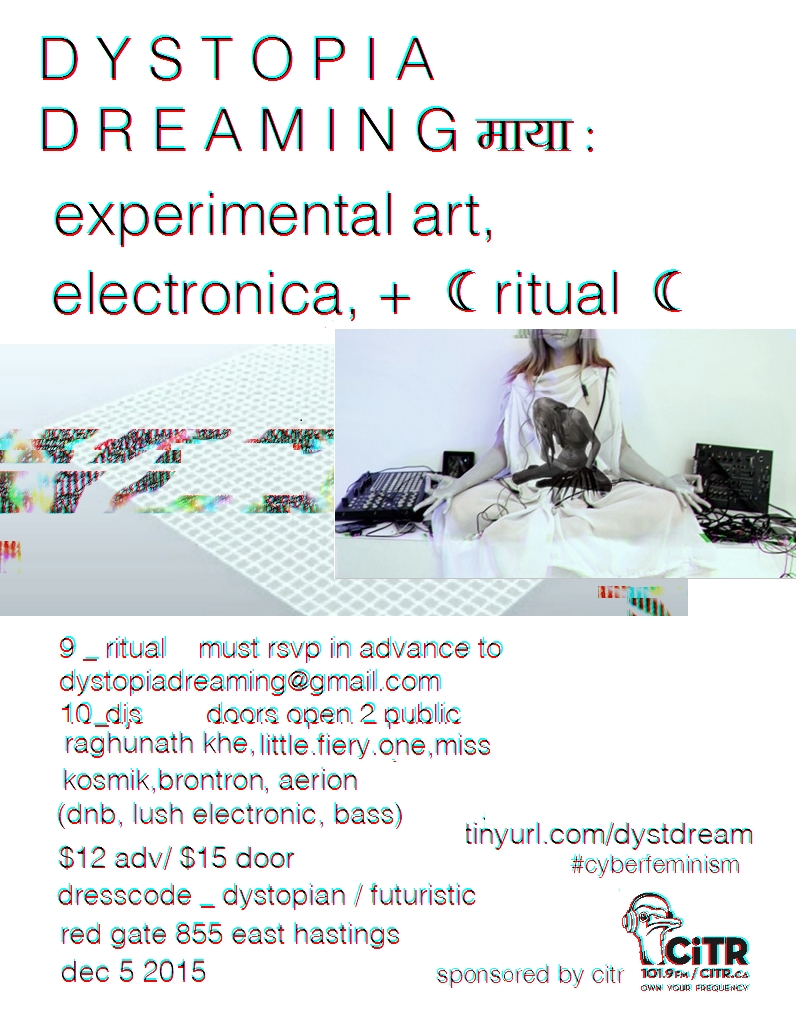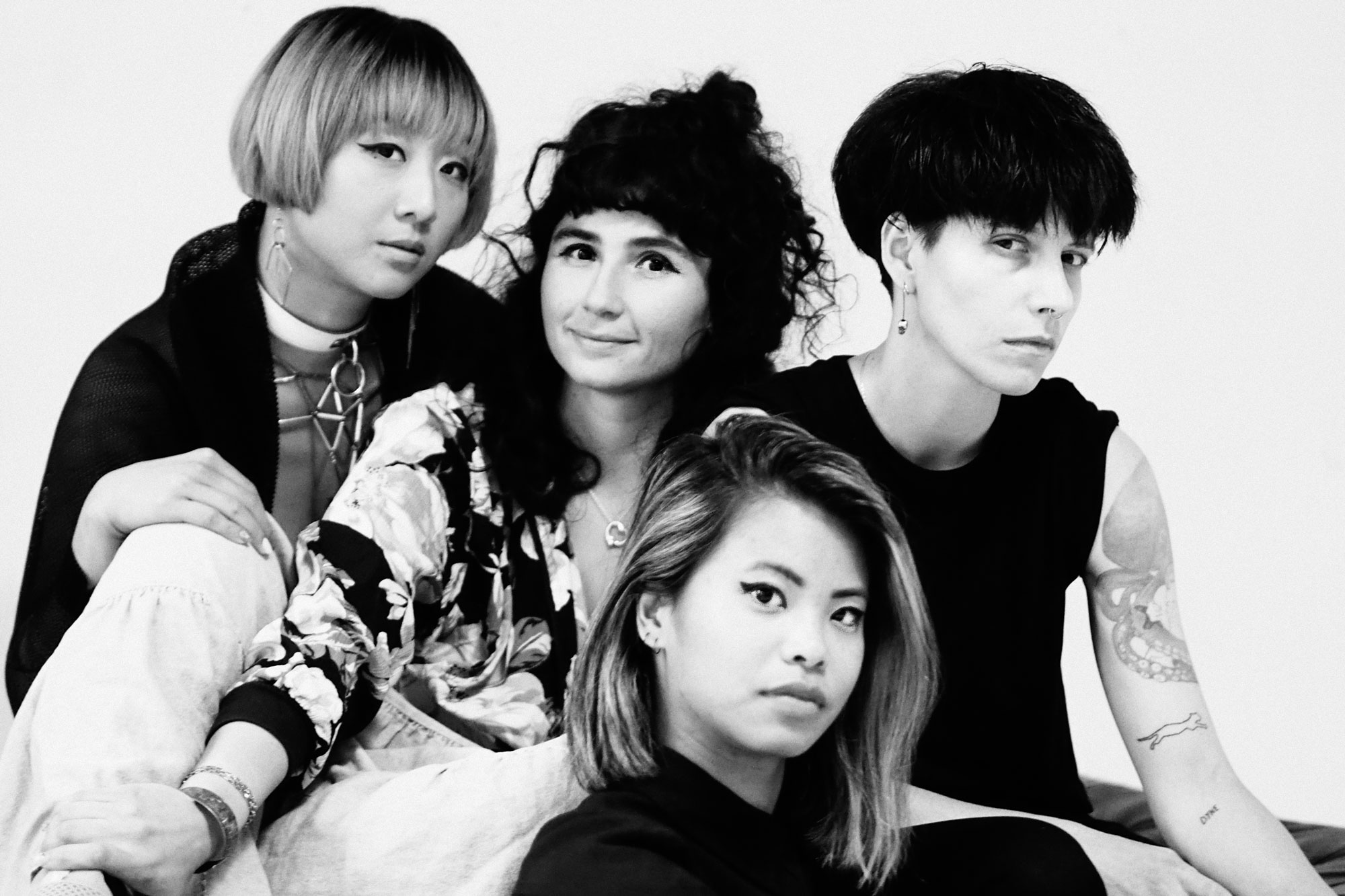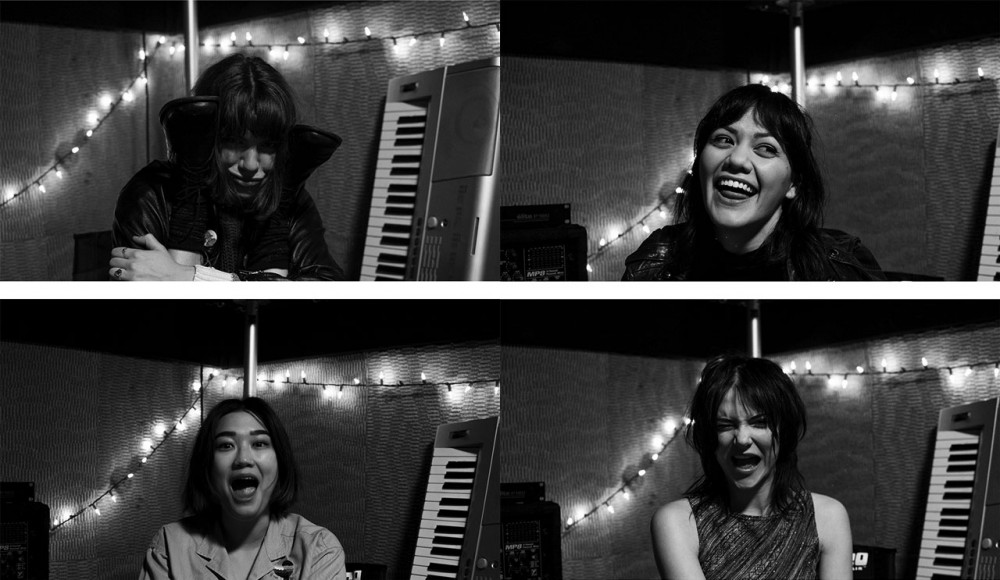To deploy Frederic Jameson’s famous quote: “It has become easier to imagine the end of the world than the end of capitalism.” Fiction teases out these undercurrents. In association with the apocalyptic period, one also imagines a panoply of discursive imaginings: non-humans, post-humans, cyborgs and chimeras which explode the rigidity of patriarchal embodiments according to Donna Haraway’s Cyborg Manifesto. It is, to paraphrase David Cronenberg, the radioactive charge of the idiomatic nuclear family which presumes the potential of disruption and transformation.
The post-apocalyptic scenario is one I’ve contemplated in light of two Vancouver happenings. The former was a lecture presented by Lief Hall of MYTHS fame on music and cyberfeminism. The latter, which inaugurates this article, being an upcoming ritual / happening created by Raghunath Khe (Ritch) and Miki Aurora titled, Dystopia Dreaming. The evening, meant to “articulate the destruction of the patriarchal establishment” and to “facilitate catharsis for the collective wound of widespread misogyny,” links Ritch and Miki to a lineage of ritual in Vancouver, and to transhuman feminists around the world. In consolidation of the event’s ritual powers, the dresscode is designated “post-apocalyptic,” for a period after the androcentric hegemony has folded.
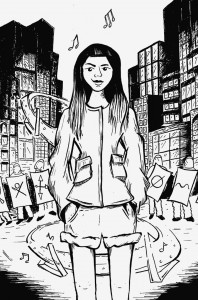
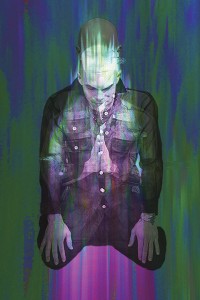 On the note of ritual and performance art, criticism of the contemporary art world according to its own networking in an expansive chain of investment funds urge towards the question of what power art can have against capital. Ritual art, often masochistic, scandalous, strives towards the real, the truly provocative and gripping. But to reiterate Jameson, whether apocalyptic gestures can produce unprecedented change remains dubious.
On the note of ritual and performance art, criticism of the contemporary art world according to its own networking in an expansive chain of investment funds urge towards the question of what power art can have against capital. Ritual art, often masochistic, scandalous, strives towards the real, the truly provocative and gripping. But to reiterate Jameson, whether apocalyptic gestures can produce unprecedented change remains dubious.
Lief Hall, who discussed the posthuman and apocalyptic in her lecture, “Mythology, Gender, and Cyber-virtual Identity in Pop Music Performance” presented iterations of the alien and apocalyptic as costume in mainstream pop music: fetish plays that toy with the signifiers of the apocalypse, while resolving into traditional patriarchal and capitalist codes: the alien as sex-object, the end of the world brought to you by Katy Perry and Samsung.
Technological determinism has in itself a utopian urge. Glassholes herald the singularity and an era when technology will produce post-scarcity. Speculatives aside, the displacement and patriarchal anarcho-capitalism of the Silicon era reiterates entrenched codes and hierarchies, disseminating an all too familiar future.
Donna Haraway has a key-word in her ontology of the cyborg: irony. Irony here is not synonymous with parody or careless jokes. It is the inherent irony of language, the irony of an earthly gesture that takes on spiritual
potency, depth of meaning in every statement and action. Technology, which itself currently acts in many ways to stratify existing systemic disadvantages, is also a powerful resource.
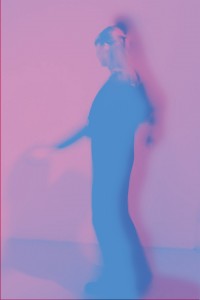
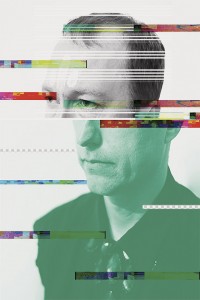 Miki Aurora: “The internet is this mirror to the biosphere and the natural connection that humans and other entities have in an energetic sense, almost like the currents that comprise the ethereal structure of our reality is kinda mirrored in the web of our reality.”
Miki Aurora: “The internet is this mirror to the biosphere and the natural connection that humans and other entities have in an energetic sense, almost like the currents that comprise the ethereal structure of our reality is kinda mirrored in the web of our reality.”
Returning to the ritual component of Dystopia Dreaming, I identify a powerful utilization of irony, in a wholly serious sense. The alleged primitivism of ritual art is notable. Victoria Singh’s Ritual in Contemporary Performance rebukes that though this art may “include primitive elements or make reference to ideals from bygone eras, the intent of the actions belong in ‘the now’ — offering poignant commentary and insight into our current lifestyles, society and the human condition.” The cyber shamanism of Dystopia Dreaming, owing to a practice that uses the internet to facilitate its spiritual rites, is itself informed by prior texts and practices. Nodding to Haraway, it’s an ironic contradiction of elements that produces surprising configurations. Dystopia Dreaming will network in a priestess from Mt. Shasta, and a circle of priestesses from a thriving web community in Houston, belonging to, as Miki explains, a “powerful virtual temple.”
The simulcast presencing of the happening establishes a kind of third space in the “intangible nature of the internet.” For Ritch and Miki, this is their investment in the discourse, contributing to the corpus of technology’s interface with the spiritual and sublime. What makes Dystopia Dreaming additionally intriguing is its ameliorative ends, the potential it identifies in this sublime space. Of note is the event’s inclusive capacity, and subcultural provocations: Ritch and Miki aim for nothing short of revolution, and hope the event will bring together subcultures in the Lower Mainland.
Abetting these ends, Ritch and Miki speak with consideration to the safety of the dancefloor. The post-apocalyptic garb is not a costume, a nod towards gunslinger politics informing the zombie fantasy. It is instead an apprehension of the apocalyptic systems of oppression and violence surrounding us, and the sub-spaces echoing a cataclysm that destabilizes these systems: the urgency of survival that the dance floor has historically offered to marginalized communities. Dystopia Dreaming’s cathartic dance offerings, DJs who reflect eclectic Cascadian geographies and a variety of gender configurations, speak to this commitment.
Ritch recounts to me excerpts from Vedic literature he studied while living as an ashram monk, acknowledging the problematic historical elements that nonetheless point towards contemporary dissolution: “When society is in its last days, one of the signs is that women will be treated badly.” For the seriousness of ritual and cybernetic interface, Dystopia Dreaming will itself be a space for the expression of catharsis.
So much of this article has been charged with tangents, refractions of the conversation I had with Ritch and Miki, and the research I did beforehand. This writing is of course preceding the event, so to some extent the obstructions here preclude a piece of total synopsis. But the imperative of that Vedic prophecy makes evident that dreaming dystopia is an ongoing process. We may be living in the end times. You’ll want to see what’s coming next.
x
Dystopia Dreaming is happening at Red Gate on Saturday, December 5. The ritual is at 9p.m., by RSVP only. At 10p.m. doors open to the public, with ongoing performance art and dj sets by Brontron, Miss Kosmik, Aerion, Raghunath Khe and little.fiery.one, and artworks by Natalia Wilhelm, Lindsay Starbird, Miki Aurora, Antonina Ananda, Tito Ohep, Trinity Firth, Nathan Barrett, Chelsea Mei Lee and Marie Eve.
A NOTE FROM THE ORGANIZERS: While the composition of the photo shoot and the power dynamics that we are subverting through the imagery present a binary, inclusion of trans and marginlized genders is an important part of our mandate, and we acknowledge any uniquely positioned genders in regards to the power dynamics that will be present during the ritual-Happening scheduled to take place on Dec 5th. We felt it important to include this message with our photo to make clear our intentions, that may not be accurately conveyed simply looking at the performers who were able to attend this photo shoot.
